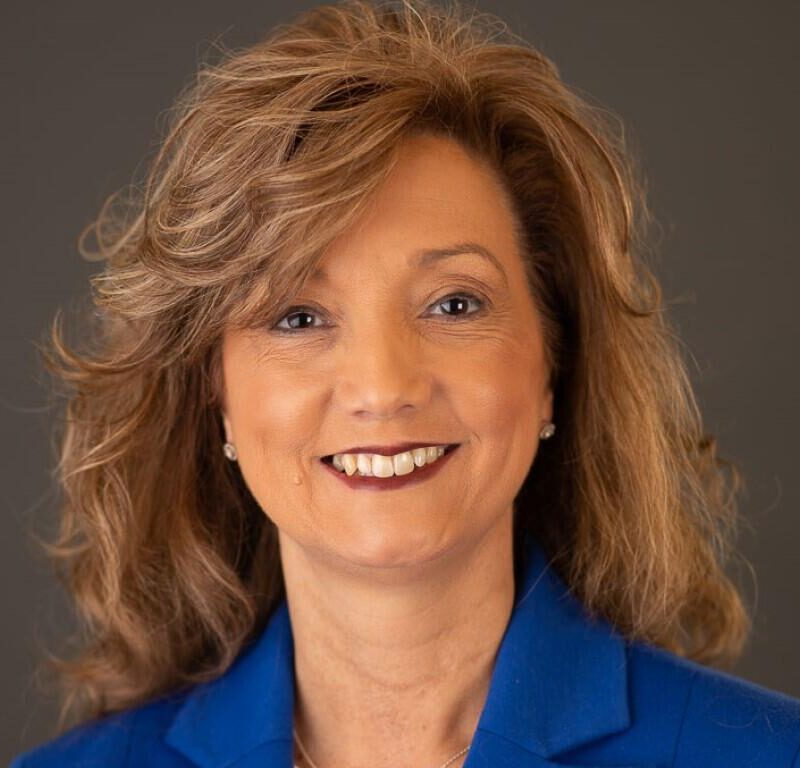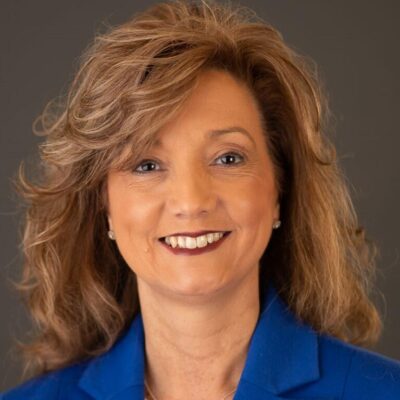With the announcement of City Manager Gary O’Connell’s impending departure to head the Albemarle County Service Authority, C-VILLE wanted to know: Does Charlottesville need a popularly elected City Mayor?
|

Once current City Manager Gary O’Connell (pictured) heads to the Albemarle County Service Authority, should a popularly elected mayor appoint a new City Manager? “I am much more comfortable with a diverse City Council hiring, firing and managing the City Manager,” says former mayor Blake Caravati.
|
“I am not positive it’s a good idea, but I am certain that it’s an idea worth discussing,” says Neil Williamson, executive director of the Free Enterprise Forum.
So, let’s discuss. Currently, city voters elect a five-member Council, the city’s legislative and governing body. Councilors, in turn, appoint the city manager, and select one of their own as the mayor and a vice mayor. The mayor sets the City Council agenda, presides over meetings, and, when necessary, represents the city. The city manager, by comparison, oversees the city’s operating budget and hundreds of city staff, a lot like what a mayor does in other big cities.
“I have never heard a really good argument for it in Charlottesville,” says former Charlottesville mayor Blake Caravati. “In a big city, I can understand it, but in a city like Charlottesville I don’t think it’s very wise.” Caravati, who served as mayor from 2000 to 2002, says that having a professional run the day-to-day government is “much better” than having an elected mayor do the same.
“Speaking for myself, I wouldn’t have been able to do it. Much of city government is technical,” he says. “I am much more comfortable with a diverse City Council hiring, firing and managing the City Manager.”
Current Vice Mayor Holly Edwards—who declined Council nominations to become mayor because she felt the position should be a popularly elected one—says that O’Connell’s leave-taking gives the city the chance to focus on the best method of government.
“Maybe it is time to actually explore the history to see how we’ve evolved [as a city], how we’ve transformed into a different city and maybe we need to transform our government as well,” she says. Such a change would require an amendment to the city’s charter, via a referendum or a public hearing, before sending the request to the General Assembly for consideration.
Those who oppose the measure look to Richmond as a reference point. In 2004, former Governor Doug Wilder led a campaign for an elected mayor and won with 80 percent of the vote.
“Now it’s stable there, but it wasn’t stable when Doug Wilder was in there,” says Caravati. “Governor Wilder did a credible job, but he did some really bizarre things. It’s kind of [an] indication of what can happen when you have an elected mayor.”
Former Councilor Rob Schilling, who convened an Elections Study Task Force while on Council and was a proponent of an elected school board, thinks otherwise. “I think we need to have an accountable mayor, somebody who runs on a platform of ‘This is what I am going to do’ and then is held accountable to the platform,” he says.
Schilling believes that although the change ought to happen, it won’t be overnight. He says Democrats “are very frightened” of allowing a strong elected mayor to take the reigns of government.
“When the city gets into trouble, the city would elect a Republican to bail them out of financial trouble, and I don’t think that the Charlottesville Democrats machine wants to face that possibility, however remote,” he says.
Asked whether they would consider running for the position, both Edwards and Schilling hesitated. “I don’t know,” says Edwards. “That’s kind of far off the sea.”






